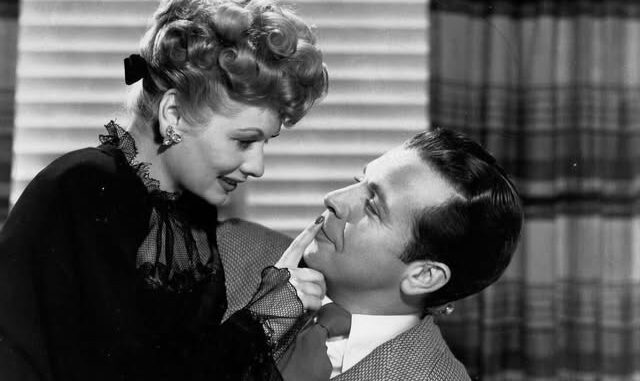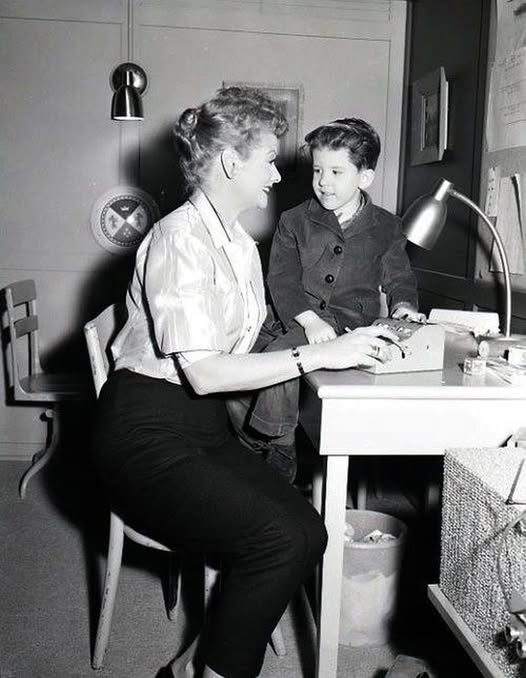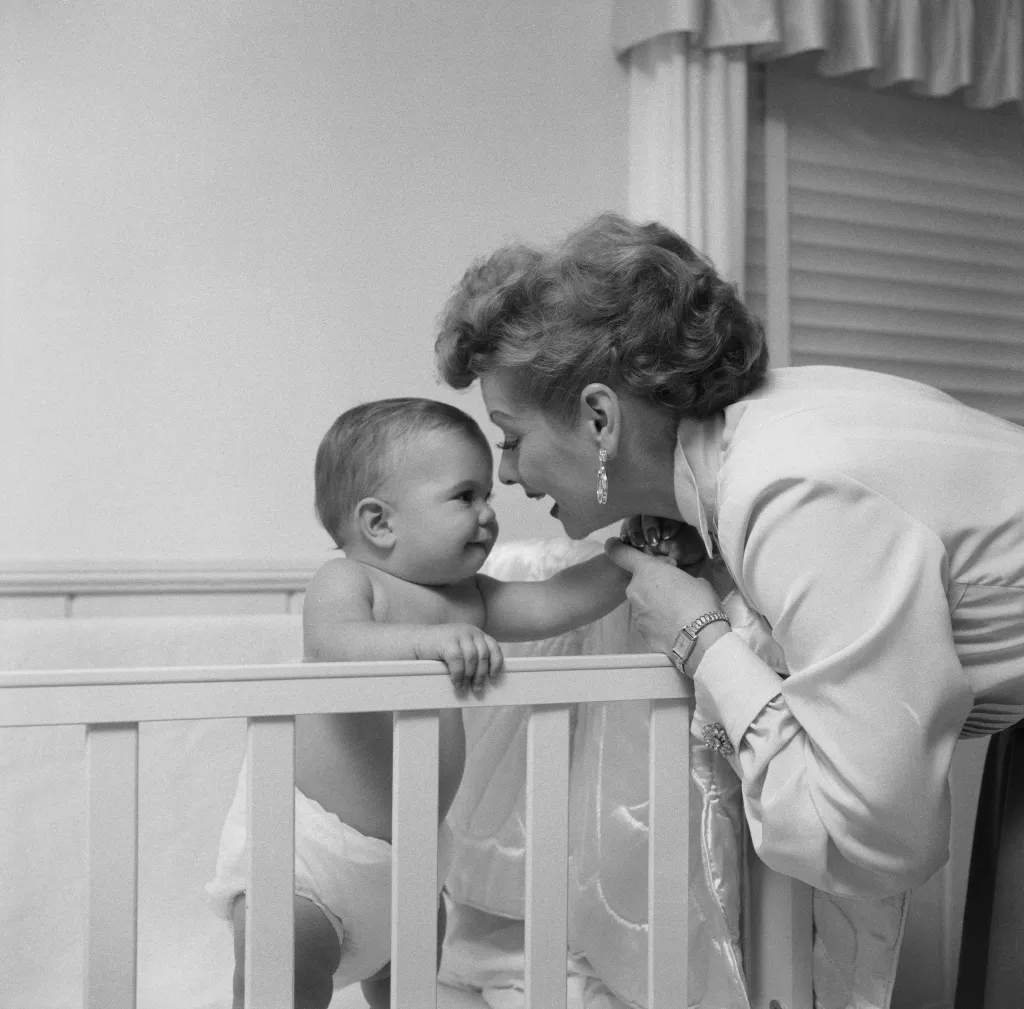
For decades, fans of I Love Lucy have wondered: whatever happened to Little Ricky, the beloved child of television icons Lucy and Ricky Ricardo? Once the darling of living rooms across America, Little Ricky captured hearts with his adorable antics and endearing charm. However, behind the bright smiles and classic comedy, the child star’s life took a much darker and unexpected turn, revealing a side of Hollywood that few viewers ever got to see.
Born into the spotlight, Little Ricky—played by Richard Keith, Keith Thibodeaux, and later other actors—was thrust into fame at an age when most children are only beginning to explore the world. With a father in show business and a mother whose comedic genius commanded the screen, the child had a life that seemed enviable from the outside. Every gig, every appearance, and every scene he filmed contributed to a legacy that cemented him as an iconic figure in television history. Fans adored his innocent charm, and for years, Little Ricky seemed destined for continued stardom.
Yet, the reality of child stardom in Hollywood was far from the picture-perfect image portrayed on screen. Behind the camera, Little Ricky faced intense pressure to perform, long hours on set, and the weight of expectations placed on him by producers, parents, and audiences alike. Balancing schooling, a career, and a childhood proved challenging, often leaving him isolated from peers and regular childhood experiences. These pressures, coupled with the scrutiny of fame, laid the groundwork for a tumultuous path that would diverge sharply from the rosy life depicted on television.
As Little Ricky grew older, his career faced hurdles common to many child actors. Typecasting, diminishing roles, and the public’s inability to see him as anything other than Lucy and Ricky’s son created significant obstacles. Opportunities dwindled, and the transition from child star to adult actor proved difficult. While the rest of Hollywood moved on to newer faces and fresh talent, Little Ricky’s identity became entwined with his childhood role, making it challenging to carve out a new career or personal identity separate from the shadow of I Love Lucy.

Away from the cameras, Little Ricky faced personal challenges that Hollywood rarely discusses. Reports and interviews suggest that he struggled with adjusting to life outside the entertainment bubble, grappling with issues of privacy, personal relationships, and the lingering expectations of fans and industry insiders. The transition from beloved child star to an ordinary adult was neither easy nor straightforward, and the emotional toll of early fame left lasting impressions that shaped his later life.
Despite these challenges, Little Ricky demonstrated resilience, often stepping away from the public eye to focus on personal growth and pursuits outside of acting. Whether it was pursuing education, exploring different career paths, or simply seeking a life removed from the constant spotlight, the former child star sought normalcy in a world that had once celebrated every aspect of his youth. Fans who followed his journey were both intrigued and sympathetic, understanding that the Hollywood dream comes with costs that are rarely acknowledged.
In recent years, there has been a resurgence of interest in Little Ricky’s story. Documentaries, interviews, and nostalgic retrospectives have shed light on the complexities of child stardom, with Little Ricky often cited as a cautionary tale. These discussions highlight not only his experiences but also the broader systemic issues within Hollywood that affect young performers, from demanding production schedules to intense public scrutiny. The child who once charmed millions became a symbol of both the glamour and the darker realities of entertainment culture.
While many fans hope to see Little Ricky return to the screen or share more about his life today, he has largely maintained a private existence. This choice underscores the importance of personal agency and the right to live beyond one’s early fame. For some, the disappearance from public life is a conscious effort to reclaim normalcy; for others, it represents the lasting impact of a career that began far too early and was marked by extraordinary pressures.

Despite stepping away from Hollywood, Little Ricky’s legacy endures. Reruns of I Love Lucy, fan conventions, and social media communities keep the memory alive, reminding audiences of his early charm and contributions to television history. New generations continue to discover the show, often encountering Little Ricky for the first time, unaware of the challenges behind the scenes. This contrast between on-screen innocence and real-life complexity adds depth to his story, making it a compelling and enduring chapter in entertainment history.
Ultimately, the story of Little Ricky is a sobering reminder of the highs and lows of child stardom. It illustrates how fame can be both magical and burdensome, and how the experiences of young performers are often shaped by forces beyond their control. While fans may remember him for his unforgettable moments on I Love Lucy, the truth behind his life offers insight into the resilience, struggles, and choices that define those who grow up in the public eye.
In conclusion, Little Ricky’s journey from beloved child star to private individual highlights both the allure and the peril of early fame. His story captivates fans not just for nostalgia, but for the human truths it reveals about ambition, identity, and the pressures of Hollywood. As viewers continue to revisit I Love Lucy and explore the histories of its stars, Little Ricky remains a figure of fascination, a testament to the enduring impact of television history—and the hidden challenges that come with being a star at a very young age.